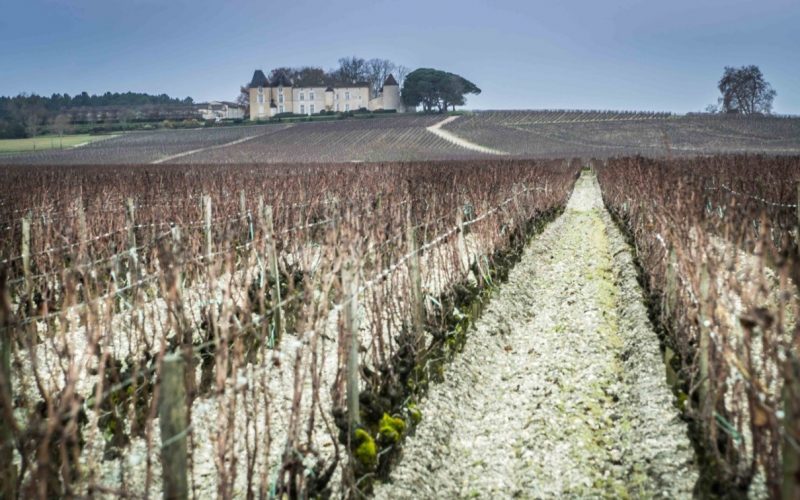Wine is adorned with a good number of adjectives, often misunderstood by the non-passionate public. These little words, with which we dress the qualities of a wine, are a way of qualifying certain characteristics of some wines and, also, certain moments in that world. However, in addition to the usual technical terminology, we geeks invent other words or adjectives that are frequently part of the jargon of the inner circle of friends. Here I am going to leave you some of them that I consider very descriptive. Of course, most of them are little jokes that we friends have made part of our wine language. Many of them seem nonsense, in fact, they are, but you have to see it for what they are, things of friends, although behind it there is always a rational connotation. Once again, they are not exhaustive, just enunciative, in addition to the fact that they grow as we go. As this “informal wine dictionary” is extensive, I am going to break it down into four entries to make it more bearable. Let’s go with the first:
Animals: There are certain closed wines that smell a bit dirty, of leather and… little animals. Obviously, these aromas disappear as the wine is aerated to later display exceptional nuances. In some Rhône wines it is common to find this type of notes, although they usually depend on the type of producer.
Fine woodwork: Expression we use to refer to wines that have too much wood. These are usually wines that still need time in the bottle and that, possibly, in a couple of decades they will be fantastic, but the excess of young barrels detracts from fruit and immediacy in the short or medium term. The producer is often named cabinetmaker of the year.
Cepaca: It is the augmentative of cepa and we use it to refer to a large and old vine, which is usually synonymous with a vineyard that produces good wines. In addition, old vines have a special point of beauty, so it is also a way of extolling their name.
Champagne: It is synonymous with a very good champagne. It goes without saying that the augmentative used detracts from the elegance of the most glamorous wine. Possibly, there also resides his grace in deforming the word.
Shampoo: Word used to refer to champagne in general. It doesn’t have to be extraordinary, just champagne. The similarity of the words and the fact that foam is produced in both cases give rise to the term.
